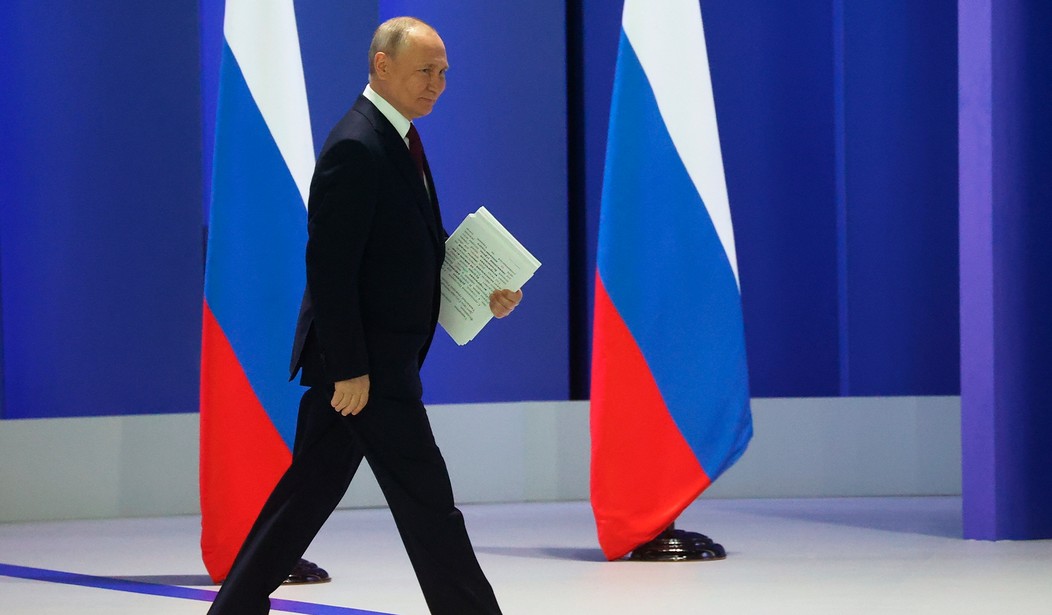Being less than half the size of Rhode Island and with a population equal to Baltimore does not diminish the strategic importance of Montenegro. Directly across the Adriatic Sea from Italy, the small but historically implacable nation serves as a western gateway to Southern Europe’s Balkan region. Apart from Albania to its southeast, Montenegro and all its bordering countries were part of the now collapsed Yugoslavia.
The chaos and slaughter that consumed the region after Marshall Tito’s death was nothing new to the region. Since the days of Julius Caesar, the Balkans suffered from invading armies and internal conflict, both regional and local.
In 1888, German Chancellor Otto von Bismarck observed that “Europe today is a powder keg…a single spark will set off an explosion that will consume us all…the Balkans will set it off.” A quarter century later, Bismarck’s prediction was proven true with the commencement of World War I.
The region has always had an international impact that could not be taken lightly. And though Montenegro is the smallest country on the Balkan Peninsula, its strategic importance in the 21st century cannot be overstated.
Indeed, Montenegro’s NATO membership is critical to regional and global security. Vladimir Putin’s invasion of Ukraine, the revelation of plans to do the same in Moldova, and the build-up of a Russian naval base on Syria’s Mediterranean coast illustrates Moscow’s plans to checker-board its military forces throughout the NATO alliance.
With Poland, Romania, and Bulgaria firmly dedicated to, and supported by NATO, Putin cannot enter the Balkans over land. The sea is Russia’s only option. This may be why Russia used various methods to keep Montenegro from becoming a NATO member in the first place. In 2016, Russian intelligence agents were suspected of – and subsequently convicted in absentia for – masterminding an attempted coup that allegedly envisaged an effort to topple the country’s government. Since then, the Kremlin has taken a different approach by leveraging softer tactics, including the financing of media outlets, capitalizing on pro-Putin organizations, and enabling the expansion of its politics through loyal pro-Russian politicians.
Recommended
Putin’s strategies, whether through overt force or covert gambits, are not dissimilar to those used by Adolf Hitler prior to his invasion of the Sudetenland and other European regions almost a century ago. The first of these strategies is to support a chosen people with the express goal of sowing disharmony in the population, followed by kinetic operations.
In 2020, the pro-western Democrat Party of Socialists (DPS) lost control of Montenegro’s Parliament by a narrow election margin. This shift in government could have resulted in the country pulling out of both NATO and the U.S.-Adriatic Charter, which includes all countries on the Sea’s eastern shores. But if Putin looked to be on his way to building an Adriatic port like the Mediterranean one Russia now operates in Syria, the aspiration went unfulfilled.
Putin’s Montenegro-based pro-Kremlin loyalists failed to cooperate with one another by developing a functioning government. For almost three years, the country – once a regional leader in EU accession – has been stuck in political chaos with technocratic government and non-functional or completely blocked institutions, like the Constitutional Court.
The fact that the government was temporarily, although ineffectively, administered by pro-Russian politicians comes with several warnings to both the DPS and the West. The first is that a party that was in control for decades can never take future elections for granted. The DPS must continue its internal reforms to return its popularity among the voters, and continue its efforts to help mature Montenegro’s stability, prosperity, and inclusive democracy for all.
The example of Montenegro is also a lesson for the West: Whenever Europe is passive and ineffective, Russia fills the political vacuum. As with other Eastern European countries that went through transition, internal corruption has been a problem in Montenegro. Repeated reports of connections between high-level government officials and organized crime have become too commonplace. This is an issue that must be fixed for Montenegro to gain entry to the EU.
Northern EU countries practicing austerity have already carried the load for Mediterranean nations not being financially prudent. They are not going to accept into their fold a country whose political leaders cannot be trusted. The DPS has brought in younger members with considerable promise. This is a positive development.
The United States and Western Europe also have lessons to learn. Having travelled in the Balkans, I have witnessed people working to improve the lives of their families and communities. In the past, Montenegro earned a well-deserved reputation for facing crises with resolve. Like the rest of the world, Montenegro was hit hard by the 2008 financial collapse. But Montenegrins weathered the storm, and the country was among the first to climb back out of the recession. Today, Montenegro is well equipped for international investment and trade opportunities.
The people of Ukraine demonstrate daily that those who embrace democracy, civil liberties, and free enterprise will fight to keep them. The people of Montenegro will do the same. Montenegrins simply need capable and effective political leadership to lift their country to full EU membership. Once this occurs, Montenegro will contribute to European security and help resist Moscow’s imperial ambitions.

























Join the conversation as a VIP Member